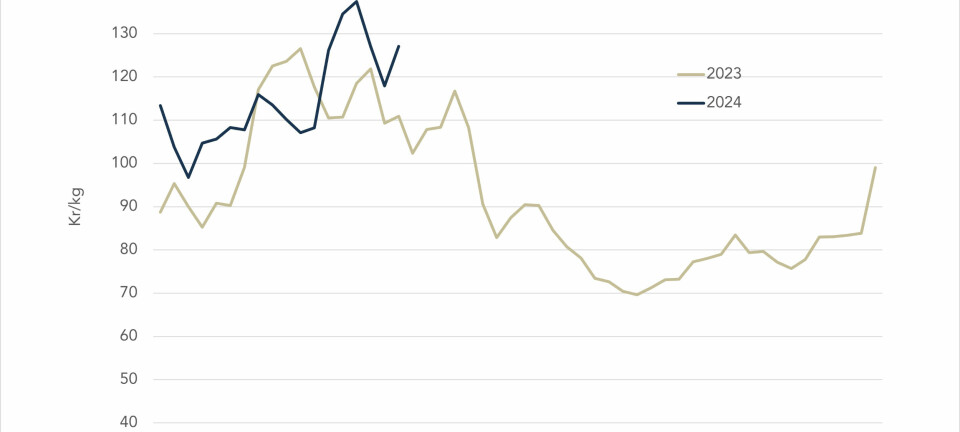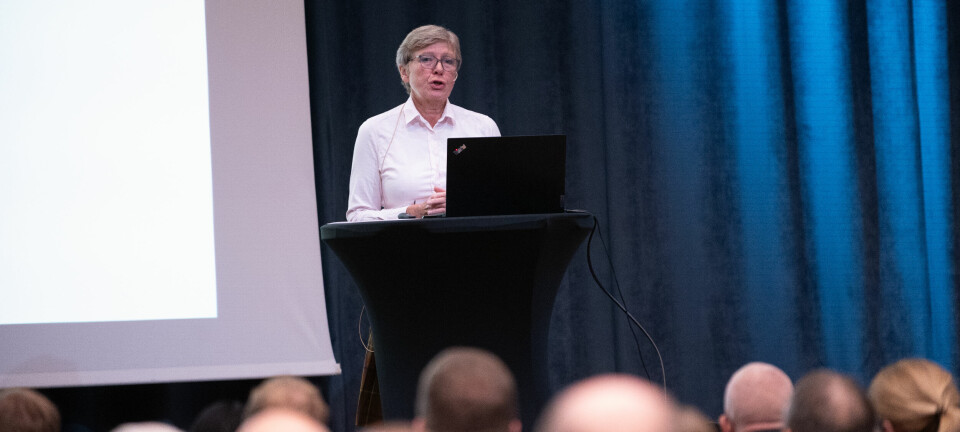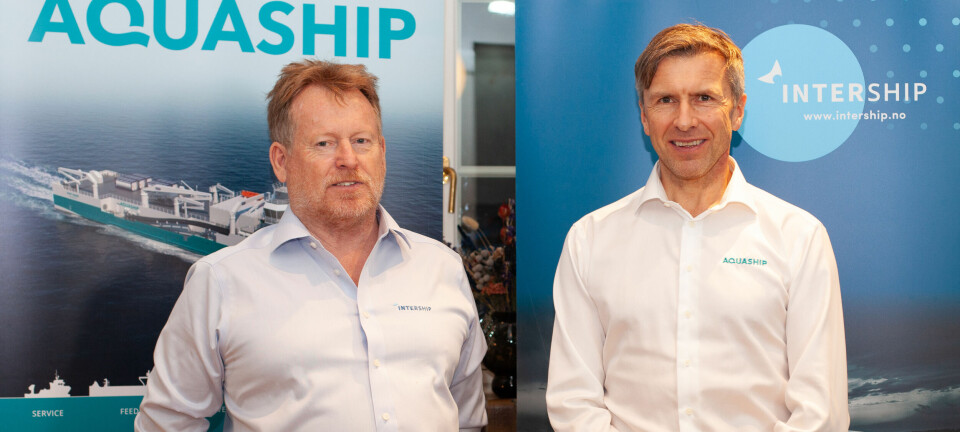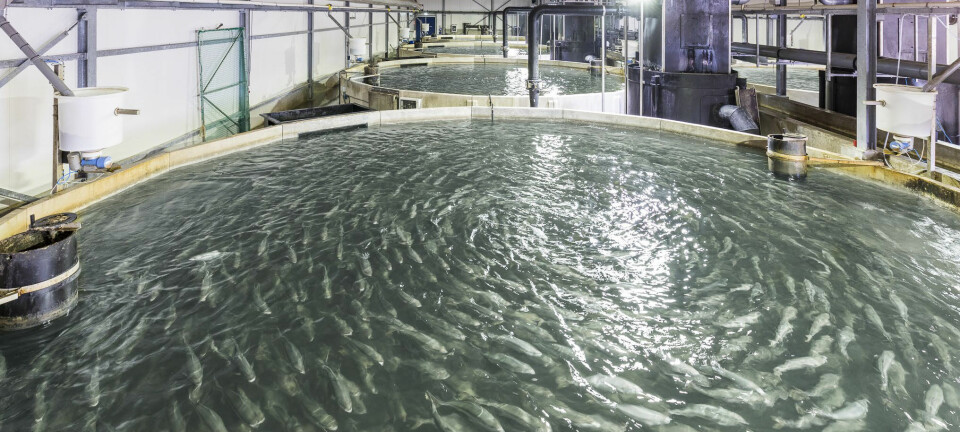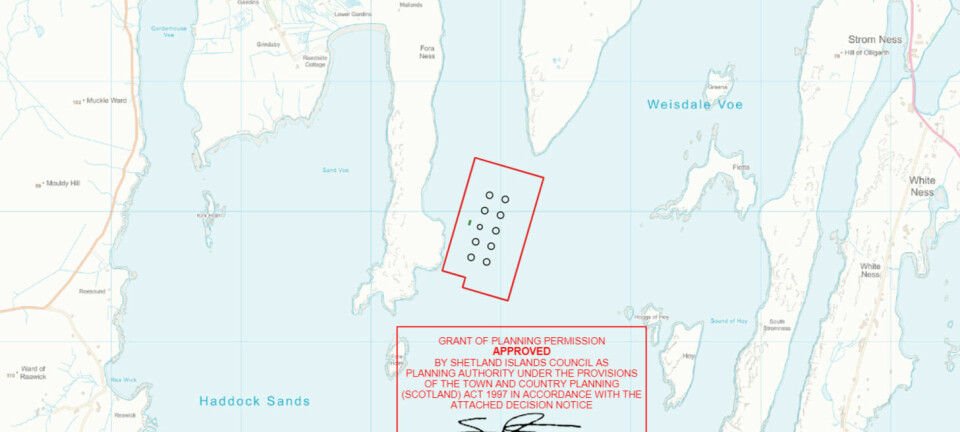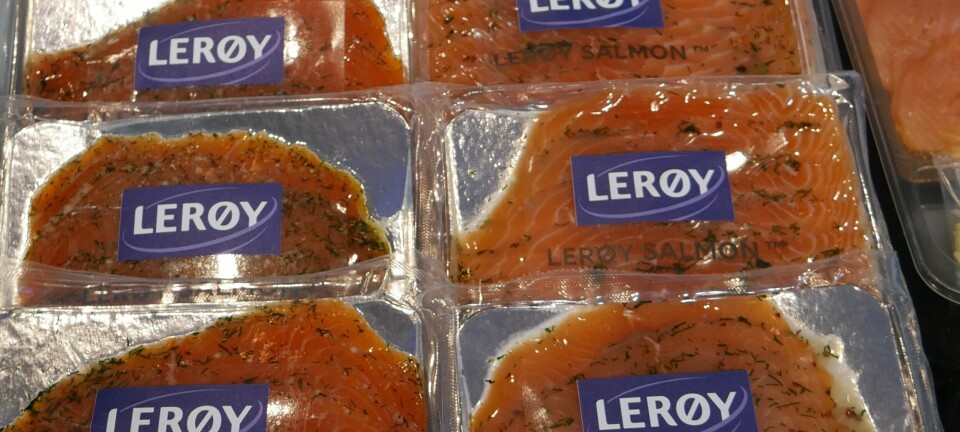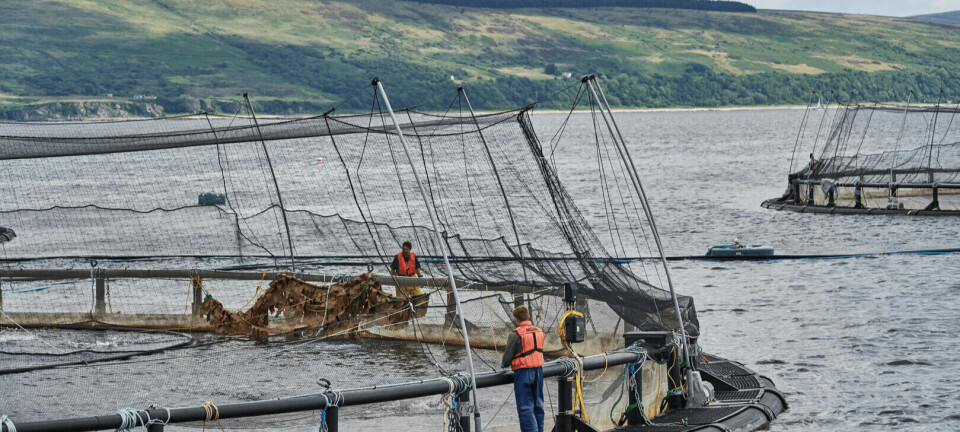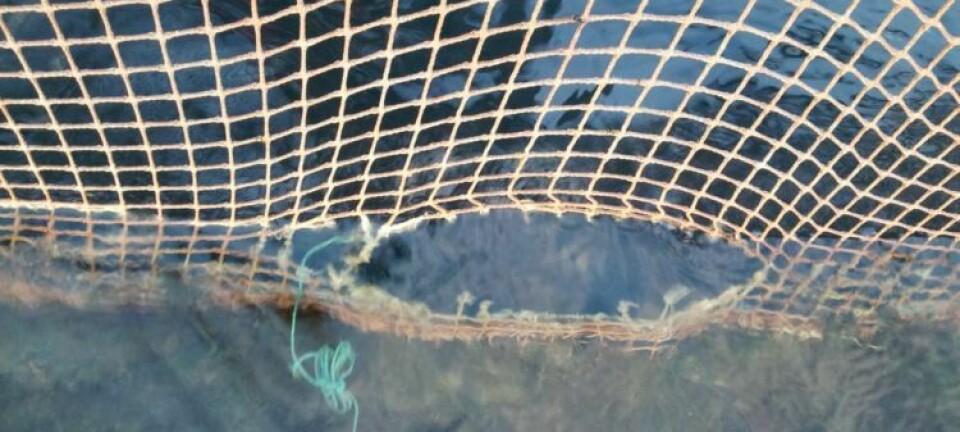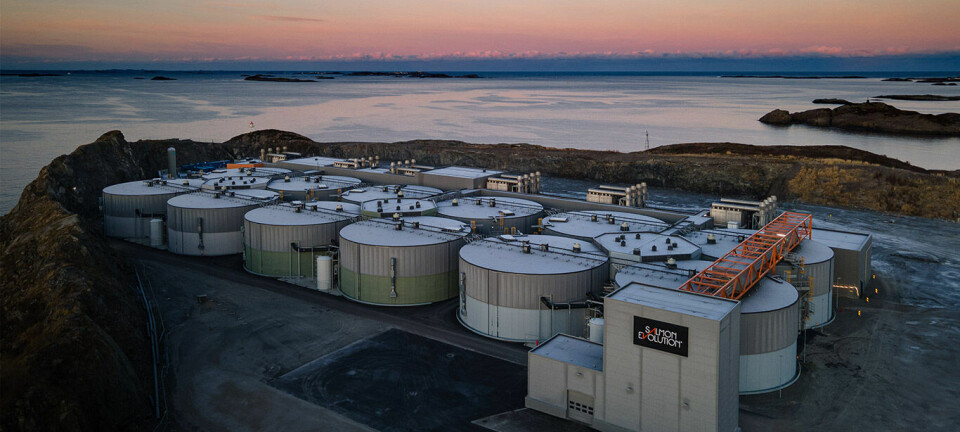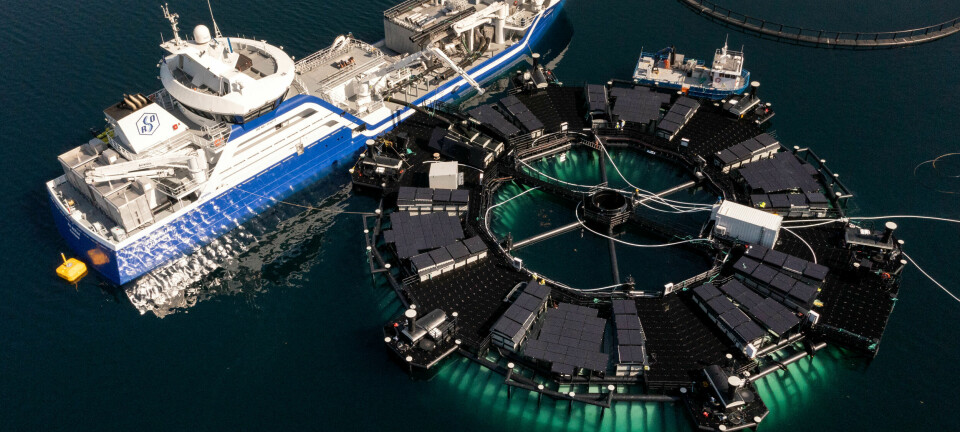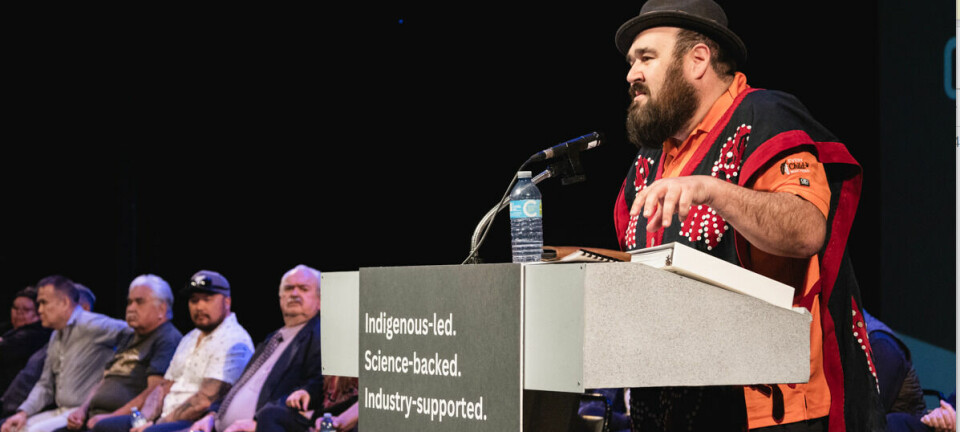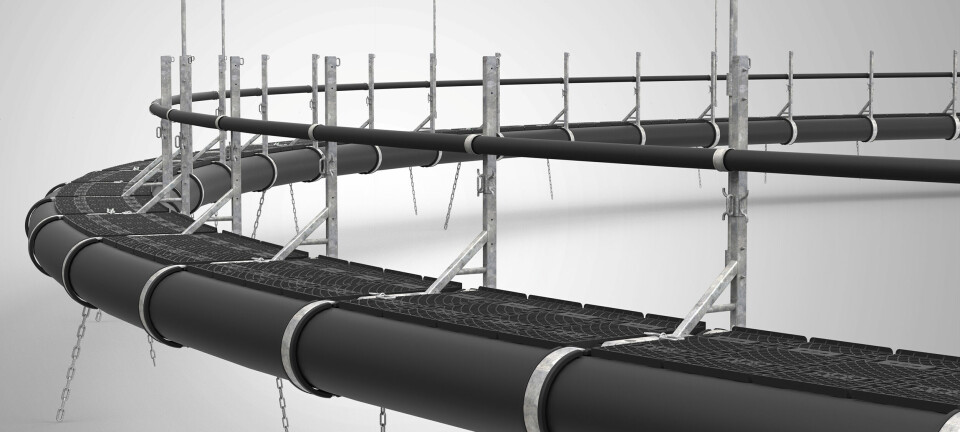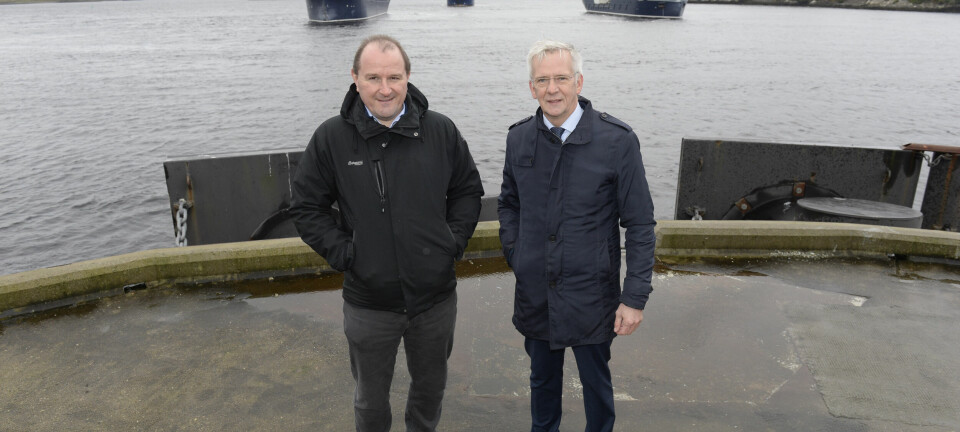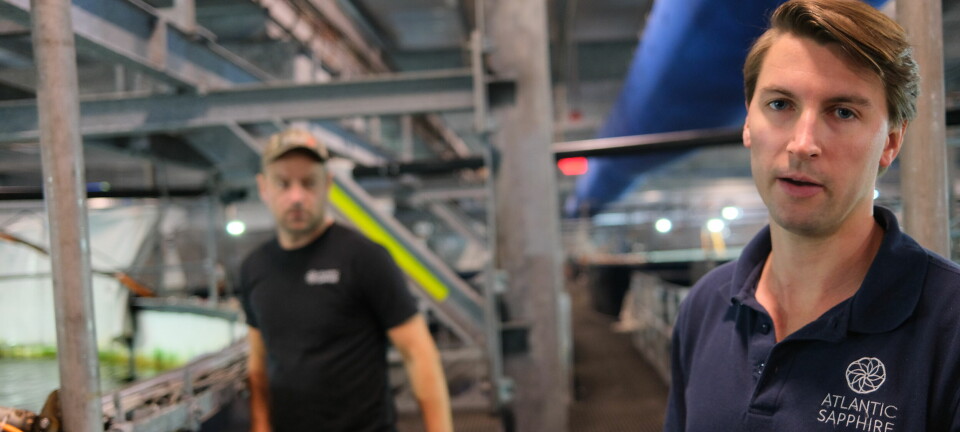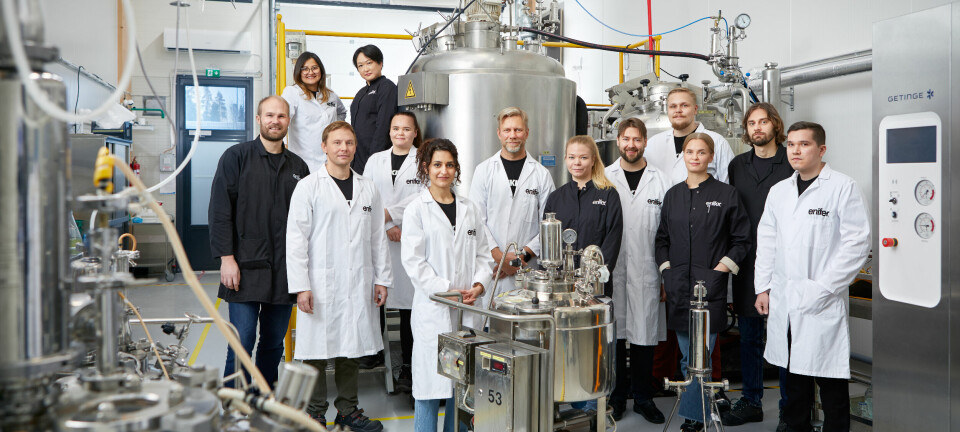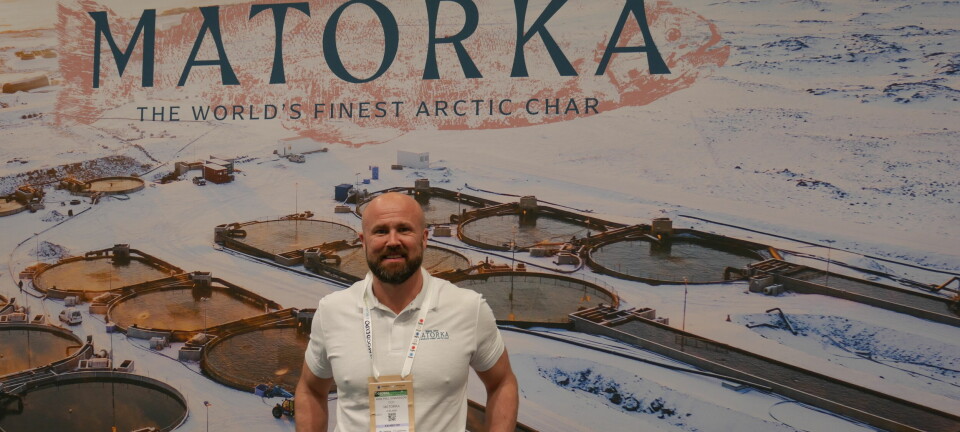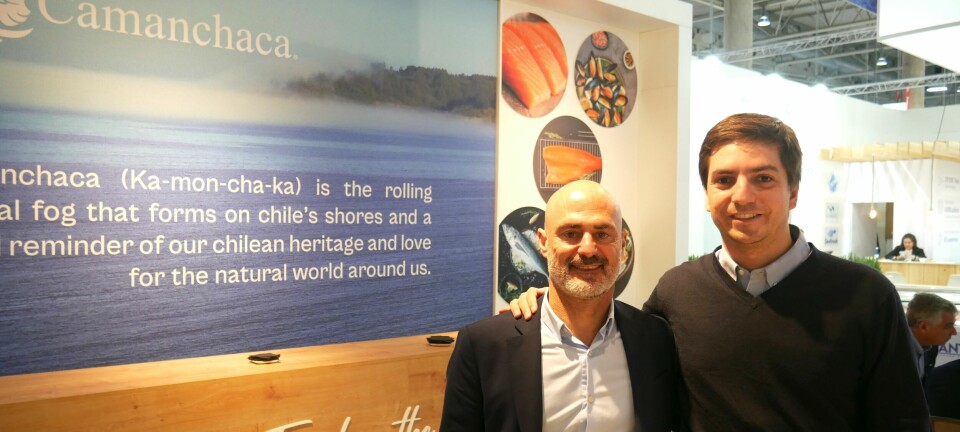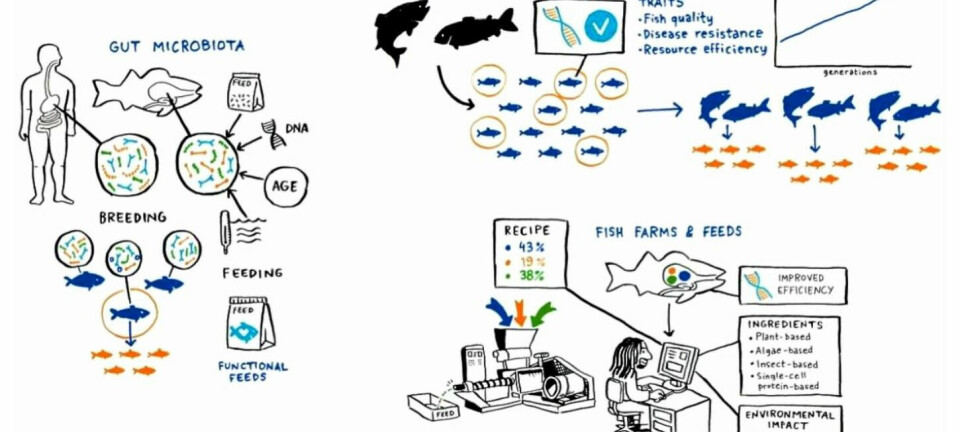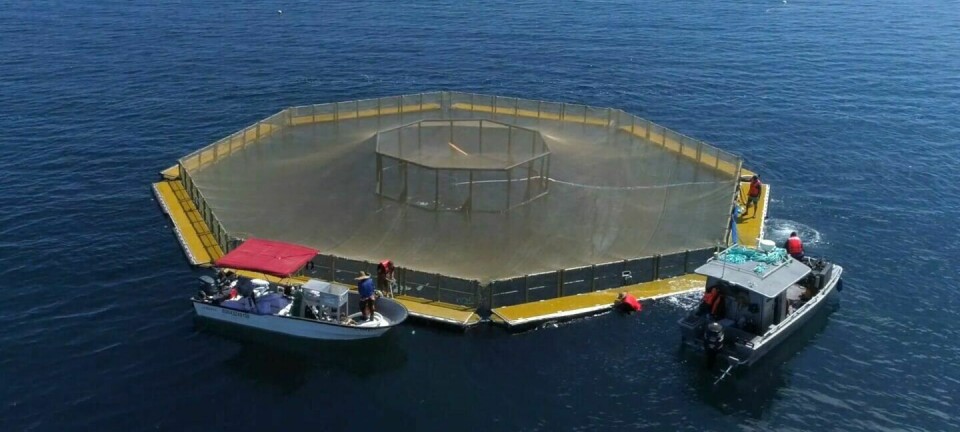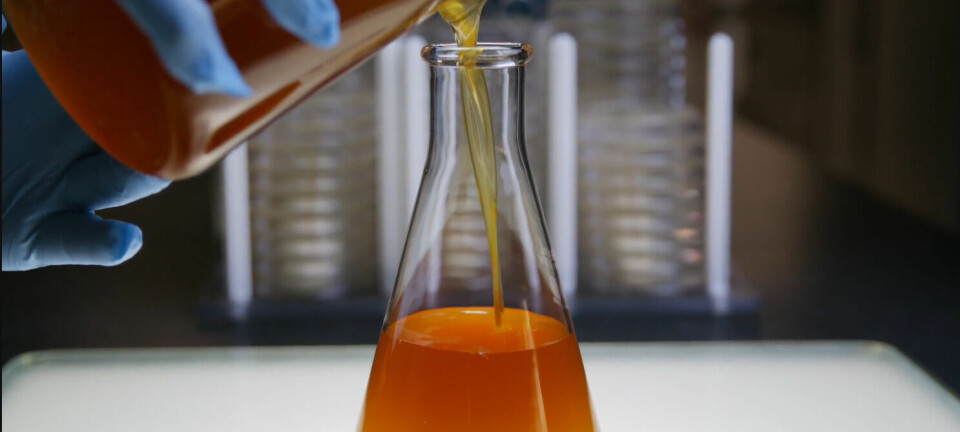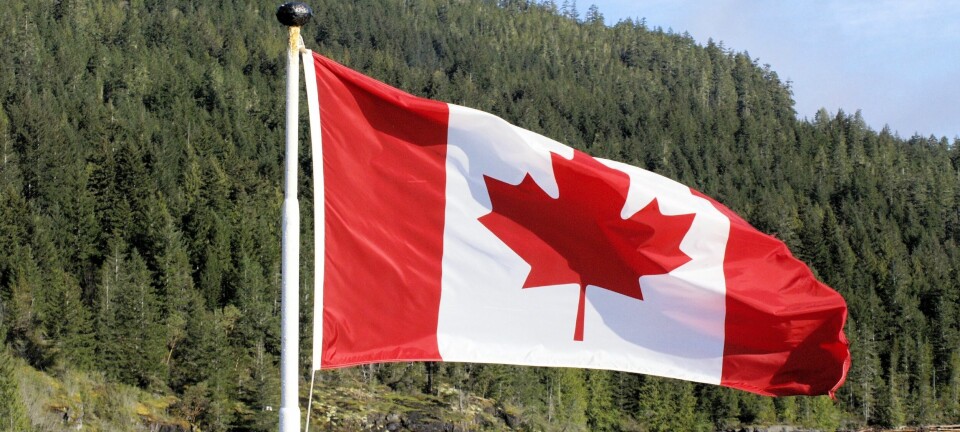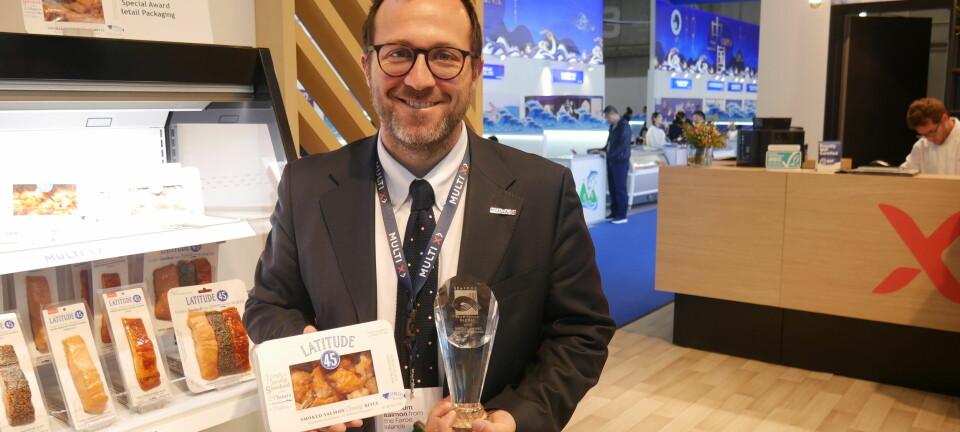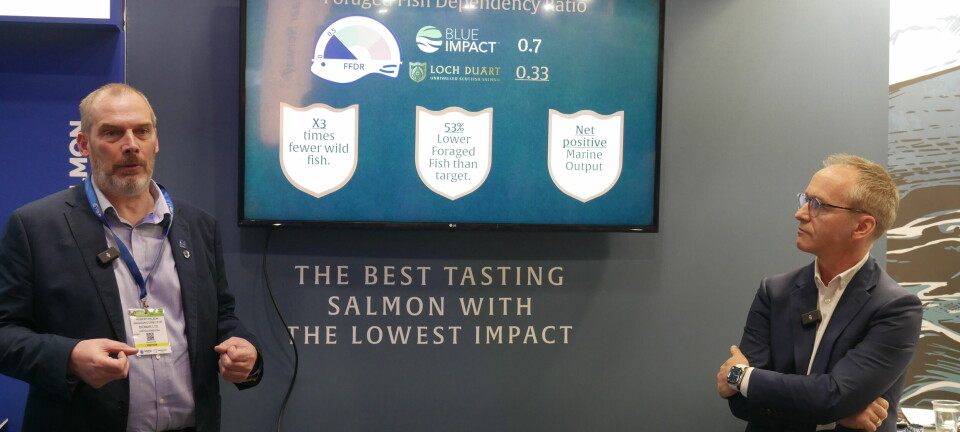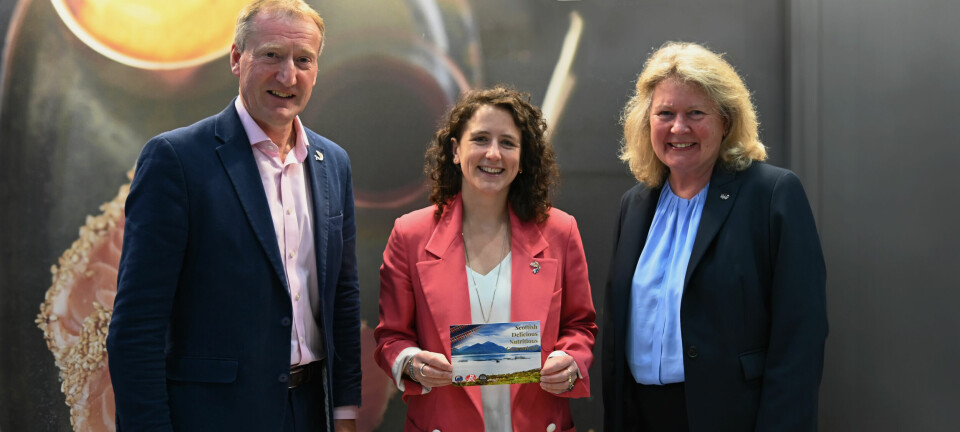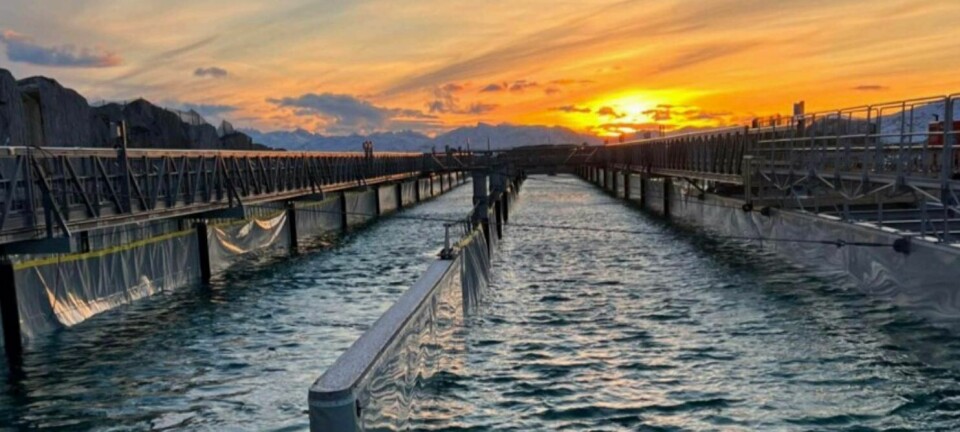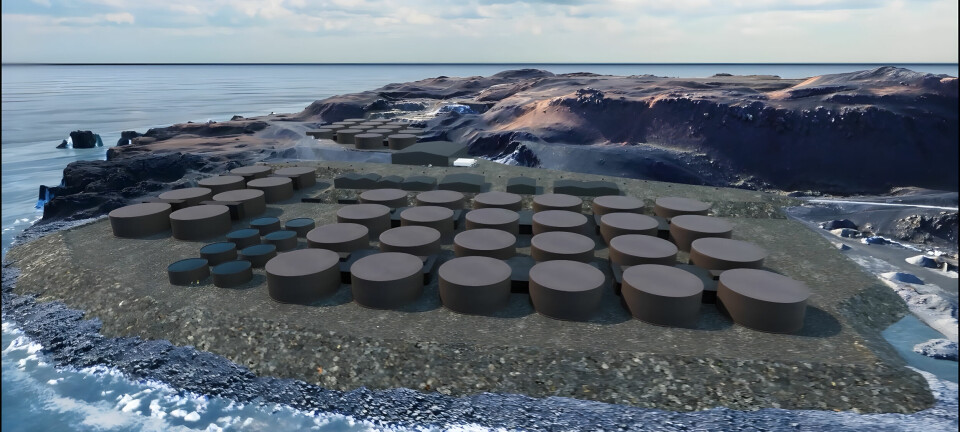
Mowi Scotland made €1.1m loss in Q4
Strong price achievement offset by limited harvesting, inflation, and €13.1m mortality costs
Salmon farmer Mowi Scotland made a rare operating loss of €1.1 million (£938,000) in the fourth quarter of last year after some sites were negatively impacted by severe gill health issues in the wake of El Niño and all-time high seawater temperatures, the company revealed today in its Q4 2023 report.
Mowi Scotland harvested 10,568 gutted weight tonnes in Q4, a similar volume to the same quarter in 2022, and 54,950 gwt for the full year. That volume was up from 48,374 gwt harvested in 2022 but considerably lower than the 62,000 gwt the company was still guiding for in its Q3 2023 report published in November.
Harvesting was kept to a minimum to secure 2024 volume guidance of 64,000 gwt.
AGD and jellyfish
“Farming Scotland experienced unusually high mortality levels in the fourth quarter due to severe issues with gill health caused by AGD (amoebic gill disease) and jellyfish as a result of record-high seawater temperatures. This was related to the El Niño weather phenomenon,” Mowi stated in its Q4 report.
“Freshwater treatment capacity to mitigate against AGD has been increased in the last years, however strong and prolonged easterly storms throughout October prevented routine freshwater treatment causing severe gill damage in combination with high densities of jellyfish. These environmental challenges had an adverse effect on operating metrics as well as financial performance.”
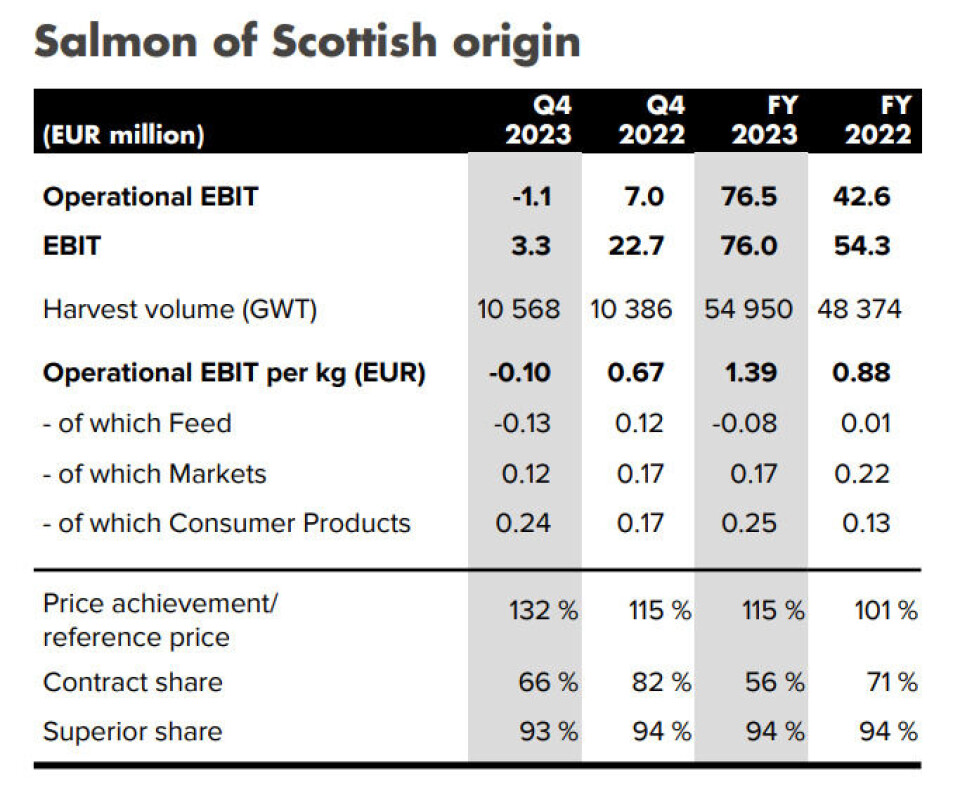
Ex-cage costs increased due to previous inflation, mainly related to feed, but also on other items, said Mowi. Costs were also pushed up by the challenging environmental conditions, with incident-based mortality costs reaching €13.1m (Q4 2022: €8.0m).
93% superior share
Despite the problems, the percentage of Mowi Scotland’s fish classed as “superior” was 93%, higher than its parent company’s global average, and the overall price achieved for the fish was 32% above the reference price in Q4.
Other good news for Mowi Scotland was that the biological situation improved in December on declining seawater temperatures, with December 2023 being notably cooler than December 2022.
The environmental challenges caused by warming seas have led Mowi to look at growing large post-smolts that will spend less time in marine sites, avoiding a second summer and autumn at sea.
Post-smolts
It bought trout producer Dawnfresh Farming last year and is using that company’s brackish water sites in Loch Etive to grow the post-smolts up to around 800g. The first smolts were due to be stocked in Loch Etive this month. There will be two cycles per year.
“This will give us a total annual post-smolt production in Scotland of 6.6 million smolt, equivalent to a coverage of 30%,” stated Mowi, adding that the project has several benefits compared with a land-based facility, including lower capital expenditure, shorter realisation time and lower running production cost.
Mowi Scotland has also started the groundwork for a new bespoke broodstock and egg facility at Ardessie in Wester Ross. When complete in 2025, it will provide a secure supply for 100% of Mowi Scotland’s egg requirements, enabling the company to breed from fish seen to be best suited to Scottish conditions.












